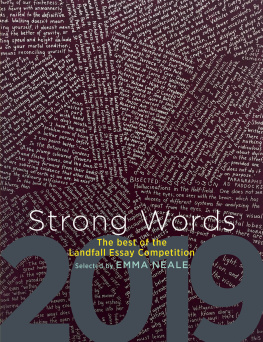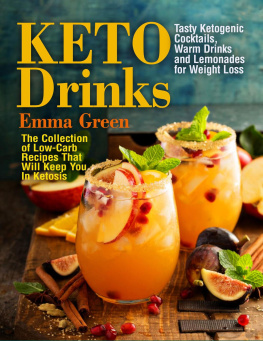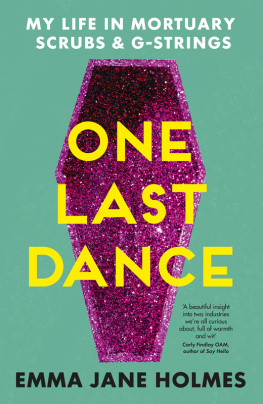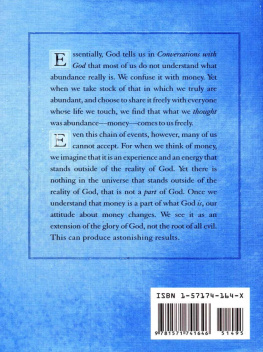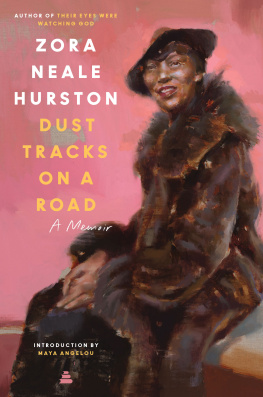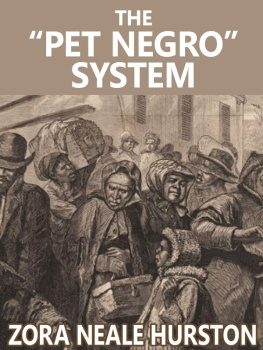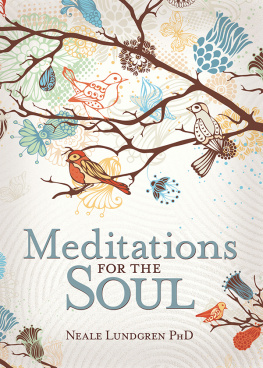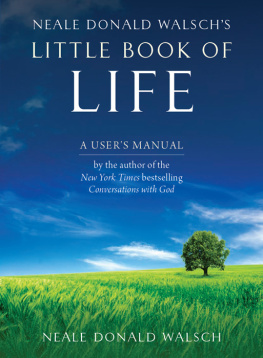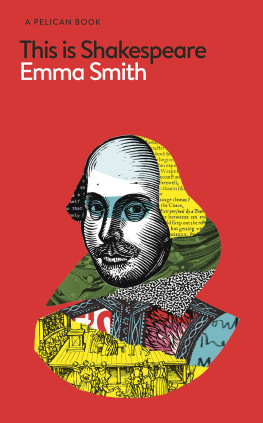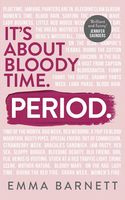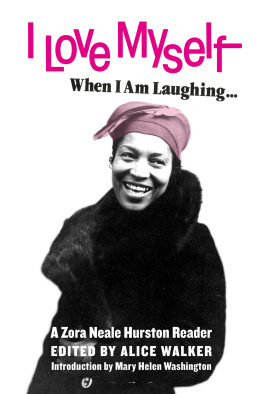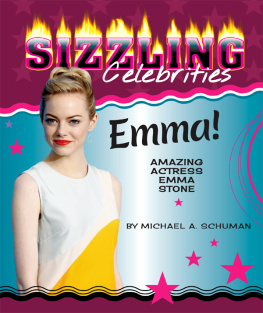Emma Neale - Strong Words 2019
Here you can read online Emma Neale - Strong Words 2019 full text of the book (entire story) in english for free. Download pdf and epub, get meaning, cover and reviews about this ebook. year: 2019, publisher: Otago University Press, genre: Art. Description of the work, (preface) as well as reviews are available. Best literature library LitArk.com created for fans of good reading and offers a wide selection of genres:
Romance novel
Science fiction
Adventure
Detective
Science
History
Home and family
Prose
Art
Politics
Computer
Non-fiction
Religion
Business
Children
Humor
Choose a favorite category and find really read worthwhile books. Enjoy immersion in the world of imagination, feel the emotions of the characters or learn something new for yourself, make an fascinating discovery.
- Book:Strong Words 2019
- Author:
- Publisher:Otago University Press
- Genre:
- Year:2019
- Rating:3 / 5
- Favourites:Add to favourites
- Your mark:
- 60
- 1
- 2
- 3
- 4
- 5
Strong Words 2019: summary, description and annotation
We offer to read an annotation, description, summary or preface (depends on what the author of the book "Strong Words 2019" wrote himself). If you haven't found the necessary information about the book — write in the comments, we will try to find it.
Strong Words 2019 — read online for free the complete book (whole text) full work
Below is the text of the book, divided by pages. System saving the place of the last page read, allows you to conveniently read the book "Strong Words 2019" online for free, without having to search again every time where you left off. Put a bookmark, and you can go to the page where you finished reading at any time.
Font size:
Interval:
Bookmark:



Published by Otago University Press
Te Whare T o Te Wnanga o tkou
Level 1, 398 Cumberland Street
Dunedin, New Zealand
www.otago.ac.nz/press
First published 2019
Copyright individual authors as listed on page 5
The moral rights of the authors have been asserted.
ISBN 978-1-98-853177-9 (print)
ISBN 978-1-98-859268-8 (EPUB)
ISBN 978-1-98-859269-5 (Kindle mobi)
ISBN 978-1-98-859270-1 (ePDF)
A catalogue record for this book is available from the National Library of New Zealand. This book is copyright. Except for the purpose of fair review, no part may be stored or transmitted in any form or by any means, electronic or mechanical, including recording or storage in any information retrieval system, without permission in writing from the publishers. No reproduction may be made, whether by photocopying or by any other means, unless a licence has been obtained from the publisher.
Design/layout: Fiona Moffat
Author photograph: Jim Tannock
Cover: FrenchBayDarkly #3, John Reynolds, 2017, oil paint marker on acrylic on canvas, 152cm x 217cm
Ebook conversion 2020 by meBooks
EMMA NEALE
As a first-time judge for the Landfall Essay Competition in 2018, I struggled mightily to deliver a shortlist to the publisher, as so many of the 90 essays entered deserved a wider readership. Initially, I thought this was just being a new-kid-on-the-block, experiencing speed wobbles on my rollerskates as I adapted to the context, and that the standard would inevitably be higher than, say, a fundraising poetry competition. Very few people confuse the formality of an essay with the unstructured outpouring of intense emotion that often appears in community-outreach or charitable-cause writing contests.
I knew the essay competition would chiefly attract driven, passionate and experienced writers; and that winnowing the best from the almost-best was going to tie my dendrites into the kind of contortionist knots we expect of earphone wires. So I was delighted when Rachel Scott, co-publisher at Otago University Press, suggested that there could actually be a book in my struggle. (Not exactly Knausgrd, but battle is too military; so lets leave the pun and forge on. All the authors published herein must have high tolerance for this kind of micro-analysis of word choice.) There was hardly a semi-tone off-key in the selected essays.
The range of work enteredand, I gather, in earlier competitions also suggests that the local literary scene is teeming with perspicacious, perceptive, thoughtful essayists. Wed be delighted if Strong Words 2019 was the first in a regular series to grow out of the Landfall Essay Competition. But for nowlike a host doing party introductionsI need to tell you a bit about the individual minds circulating here, trusting that youll find some youll want to forge a long-term connection with, hunting down their past publications, or keeping an eye out for future work.

In the New Yorker of May 2018, Jia Tolentino argued that political and social pressures meant the online boom in personal essays was over. Yet many New Zealand/Aotearoa writerson the evidence of the Landfall Essay Competitionbeg to differ. They still seem to agree with Virginia Woolfs view in 1905 that an essay, brilliant or profound, dealing with anything from the immortality of the soul to the rheumatism in your left shoulder is primarily an expression of personal opinion.
Even if we accept that an essays subject, no matter the costume, is the essayistthe genre is immensely protean. It might explore medical crisis, or expound on the diversity of sex lives in aquatic animals. It can collect factual evidence to support a political argument; it can run so seamlessly in poetrys slipstream that it seems camouflaged as poetry itself.
As Woolf says elsewhere, compared to the poem or the novel, the essay is an almost formless form. In 1905 the novel and the poem might have been easier to defineA novel has a story, a poem rhymebut even if we expand our definitions of these, Woolfs question about the essay still holds: but what art can the essayist use in these short lengths of prose to sting us wide awake and fix us in a trance which is not sleep but rather an intensification of life?
In other words, there is not much an essay must have. It doesnt need a narrative; it doesnt need prosody or line breaks; it doesnt even need an argument. It can be, in the words of one of our most prominent new essayists, Ashleigh Young, an existential meditation, an exploration of shifting angles, something that can enact the way a mind shapes thought.
That last quality is something poetry excels at, too. When it comes to spotting genres from the post-postmodern cycle lane, it can feel as if were trapped on a roundabout, never able to make a smooth, non-perilous exit out of a circular argument.
So what exactly was I looking for?
By the time I had read about 60 essays that adhered to the idea that the self was the true subject, I began to want work that could also use the experience as a gateway to travel elsewhere; as a way into understanding a culture, a social climate, a time, a common experience. The catch even then, of course, is that style and craft had to be smooth, the argument or opinion backed up with crisp and credible evidence; the link between, say, historical incident and current social phenomena a comparison that sings in the same registercomparing apples to apple pies, not oranges to swivel chairs.
Entries in the 2018 Landfall Essay Competition featured a radiant spectrum of often deeply affecting topics.
Alice Millers winning essay, The Great Ending, on World War One and the armistice, manages to pick out both telling and comic detail that illuminates the past, and also to summarise a mood and an era. The balance she achieves, and the poetic tone she attains, make reading her essay feel so different to the memories I have of trudging through the textbooks I tried to read as a teenager, as a result of which I made the deeply regrettable decision not to study history formally. Alice Millers deceptively light and agile style manages to be both informative and sharply moving, as does the way she lets the idiosyncratic, the apparently frivolous, the unfamiliar, sit down quietly beside the tragically altered and the massive, terrifying cogs of war and political conflict. The way the essay deftly flick flacks between things as disparate as ladies hosiery, childrens games, burning effigies of the Kaiser, declarations of the end of civilisation and spiritual revelations, shows us the immense range and variety of human feeling. Alice Millers work impressed with its teeming yet elegantly controlled catalogue of international and national, Pkeh and Mori historical events; for the lyricism of the prose which glides from moments of understated comedy to those of stark horror. All the contraries are held in a delicate web that says we humans contain and withstand multitudes; that out of our shared and personal history we struggle and try to rise; that we are composed of innocence and futility, vision and foolishness, tragedy and desire.
In second place was Susan Wardells breath-stopping work, Shining Through the Skull. I admired its ability to confront personal qualities and choices with such an unforgiving eye; to be confessionalto seriously study identitywithout veering into the prurience and narcissism of TMI social media posts and feeds that can leave the reader feeling used and ground down. The essay glints with poetry as it also touches on a number of potent themes, darting away again in a manner that emphasises the burning coals beneath: ambition, religion, vanity, charity, privacy, exploitation, the pitfalls in the anonymity of the internet, consent, shame, sexual fetishes.
Next pageFont size:
Interval:
Bookmark:
Similar books «Strong Words 2019»
Look at similar books to Strong Words 2019. We have selected literature similar in name and meaning in the hope of providing readers with more options to find new, interesting, not yet read works.
Discussion, reviews of the book Strong Words 2019 and just readers' own opinions. Leave your comments, write what you think about the work, its meaning or the main characters. Specify what exactly you liked and what you didn't like, and why you think so.

